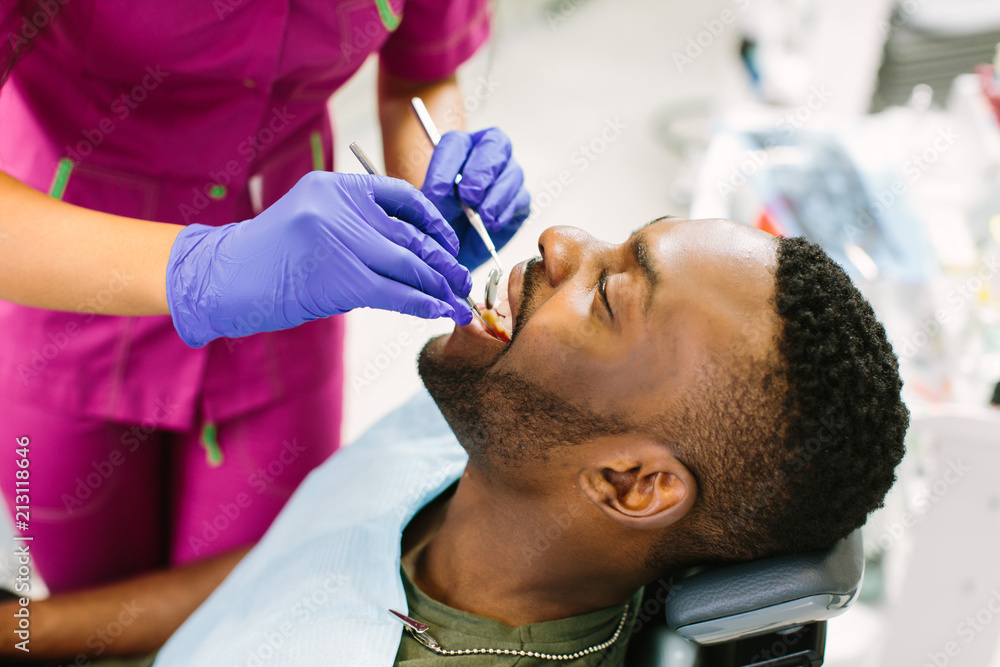Usual Inquiries Regarding Oral Veneers Answered
Oral veneers have become an increasingly sought-after choice for those looking to enhance their smiles, yet numerous individuals continue to be unclear regarding various facets of their use. Key concerns usually arise relating to the application procedure, longevity, and prospective threats associated with these aesthetic enhancements. The distinction in between porcelain and composite veneers can dramatically influence one's option. As we discover these usual queries, it becomes essential to think about not just the benefits however additionally the effects of choosing for oral veneers in quest of an extra positive look. What factors should one evaluate before making such a choice?
What Are Dental Veneers?
Oral veneers are slim, tailor-made coverings crafted from porcelain or composite material that are made to cover the front surface area of teeth. These oral prosthetics offer both functional and aesthetic objectives, giving a remedy for various dental flaws, consisting of staining, chips, voids, and imbalance. By adhering to the teeth, veneers can significantly improve the overall look of a smile, producing a much more consistent and appealing appearance.
Porcelain veneers are particularly preferred for their natural translucency and tarnish resistance, making them an excellent option for people seeking long-lasting results. On the other hand, composite material veneers are usually much less costly and can be used in a solitary see, yet they might not supply the very same durability as porcelain options.
The choice to go with dental veneers usually comes from a desire for aesthetic improvement, but clients ought to also consider elements such as the durability of the product, upkeep demands, and the possible demand for tooth reduction (Veneers). Eventually, oral veneers stand for a effective and flexible service for attaining a glowing smile, dealing with private cosmetic requirements while promoting confidence and self-esteem
Exactly How Are Veneers Applied?
The application process for veneers needs mindful preparation and accuracy to make certain optimal outcomes. The treatment generally starts with a comprehensive consultation, where the dental expert evaluates the person's dental health, discusses wanted results, and establishes the ideal sort of veneers, whether porcelain or composite material.
Once the treatment plan is established, the dental practitioner prepares the teeth by eliminating a slim layer of enamel, generally concerning 0.5 mm to 1 mm, to fit the veneer. This action is crucial as it makes sure an appropriate fit and prevents the veneers from appearing bulky - Veneers. After preparation, impacts of the teeth are required to create customized veneers that match the individual's distinct dental structure and aesthetic choices
While the permanent veneers are being made in an oral research laboratory, temporary veneers may be put to shield the prepared teeth. As soon as the long-term veneers prepare, the dental expert will meticulously bond them to the teeth using a solid oral adhesive. Final adjustments are made to make certain proper placement and attack, adhered to by brightening for a natural appearance. The procedure finishes in a follow-up consultation to keep track of the veneers' fit and the client's contentment with their new smile.
What Are the Benefits?

Additionally, veneers are known for their resilience and resistance to discoloring contrasted to all-natural teeth. Made from premium products such as porcelain or composite material, they can preserve their look for years with correct care. This durability makes them a useful financial investment in one's oral appearance.
In addition to aesthetic renovations, veneers can also add to boosted dental health and wellness. By covering damaged or deteriorated teeth, they can give added assistance and protection, assisting to avoid further degeneration or deterioration. This safety aspect can decrease the demand for much more substantial dental treatments in the future.

How Much Time Do They Last?
With proper care and maintenance, oral veneers can last anywhere from 10 to 15 years, making them a durable option for enhancing one's smile. The long life of veneers mostly depends upon the material made use of, the top quality of the first placement, and the client's adherence to dental hygiene practices.
Porcelain veneers are recognized for their resilience and resistance to staining, normally lasting closer to the 15-year mark when taken care of appropriately. Compound veneers, while much more affordable, might require replacement sooner, typically within 5 to 10 years as a result of their vulnerability to wear and staining.

Additionally, using a mouthguard throughout sports or nighttime can supply extra protection. Inevitably, while veneers use a substantial visual improvement, their longevity is considerably influenced by the dedication to appropriate oral treatment and routine consultations with a dental specialist.
Are There Any Type Of Risks?
Considering the transformative results of oral veneers, it additional hints is very important to recognize the potential threats related to their application. While veneers can enhance the appearance of teeth, the treatment entails the removal of a thin layer of enamel, which can boost tooth sensitivity and susceptability to degeneration.
One significant threat is the opportunity of incorrect placement or suitable, leading to pain, bite misalignment, and even damage to the underlying tooth structure. Additionally, if the veneers are not maintained correctly, they can end up being tarnished or chipped over time, necessitating replacement.
Clients may additionally experience allergies to the materials used in the veneers, especially if they have sensitivities to specific oral composites. Furthermore, while veneers are resilient, they are not indestructible; extreme pressure from clinching or grinding can bring about cracks.
It is essential for clients to talk to a qualified oral professional to assess their private dangers and to adhere to aftercare guidelines diligently. By recognizing these dangers, clients can make informed decisions regarding their oral veneer treatment and ensure the top article longevity and success of their enhancements.
Conclusion
In recap, oral veneers represent a beneficial cosmetic service for enhancing smiles, with considerations concerning their application, advantages, long life, and connected dangers. Their efficiency is influenced by aspects such as the option of product, with porcelain offering exceptional sturdiness compared to composite options. Correct treatment and maintenance are essential to optimize the life-span of veneers. Eventually, notified decision-making relating to oral veneers can lead to adequate aesthetic end results and improved oral health and wellness.
Dental veneers are slim, personalized shells crafted from porcelain or composite resin that are made to cover the front surface area of teeth. After preparation, perceptions of the teeth are taken to produce customized veneers that match the person's distinct oral framework and aesthetic choices.
While the irreversible veneers are being made in a dental research laboratory, momentary veneers may be placed to protect the prepared teeth. As soon as the permanent veneers are all set, the dental expert will carefully bond them to the teeth making use of a strong dental adhesive. Eventually, educated decision-making regarding dental veneers can lead to satisfying visual outcomes and boosted dental wellness.